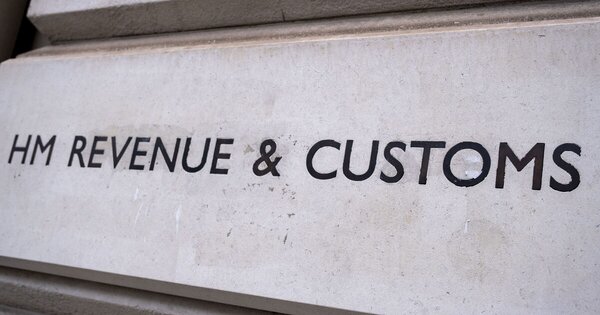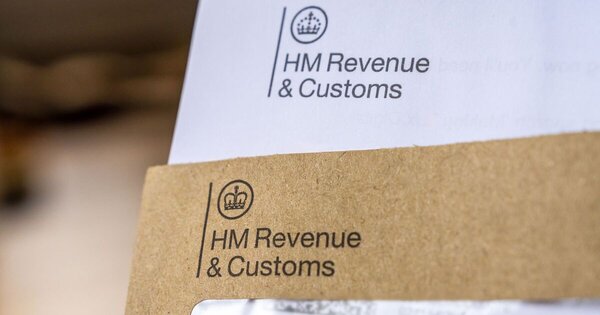
The Self-Employment Income Support Scheme (SEISS), a pivotal financial lifeline introduced during the COVID-19 pandemic, officially concluded on 30 September 2021. Designed to aid self-employed individuals facing income disruptions, SEISS provided taxable grants based on trading profits.
As we progress through the 2025/26 tax year, it's crucial for those who benefited from SEISS to reassess their financial strategies and ensure compliance with tax obligations
Understanding SEISS: A Recap
Launched in March 2020, the Self-Employment Income Support Scheme (SEISS) was designed to support self-employed individuals whose income was negatively affected by the pandemic.
Over time, the scheme evolved through five separate grants. The first grant covered 80% of average monthly trading profits, capped at £7,500. The second reduced this to 70%, with a maximum of £6,570. The third started at 20% but was later increased to 80%, again capped at £7,500. The fourth grant maintained the 80% coverage, still with the £7,500 ceiling.
Finally, the fifth and final grant varied depending on the level of turnover reduction: individuals whose turnover had fallen significantly could claim up to 80% (capped at £7,500), while those with a smaller drop in turnover were eligible for 30%, capped at £2,850. The scheme officially came to an end, marking a shift away from government support and highlighting the importance of proactive financial planning for the self-employed.
Tax Implications Post-SEISS
SEISS grants were taxable and subject to National Insurance contributions. Recipients were required to declare these grants on their Self Assessment tax returns for the relevant tax years. Failure to accurately report these amounts could result in penalties or compliance actions from HMRC.
It's imperative for individuals to review their past tax submissions to ensure all SEISS income has been appropriately declared. If discrepancies are found, amendments should be made promptly to avoid potential issues.
Key Dates for the 2025/26 Tax Year
Staying informed about key tax deadlines is essential to avoid penalties and keep things running smoothly. The 2025/26 tax year begins on 6 April 2025. If you're required to make payments on account, the second payment for the 2024/25 tax year is due by 31 July 2025.
If you're newly self-employed, make sure you register for Self Assessment by 5 October 2025. Finally, the deadline for submitting your online Self Assessment tax return and making the final payment for the 2024/25 tax year is 31 January 2026. Keeping on top of these dates ensures you stay compliant and in control of your finances.

Financial Planning in a Post-SEISS Era
With the SEISS scheme no longer in place, self-employed individuals need to take a more proactive approach to managing their finances. Start by creating a clear and realistic budget that accounts for fluctuating income and outgoings. Strengthening or setting up an emergency fund is also vital, providing a financial buffer against any unexpected challenges.
To reduce dependence on a single income source, consider diversifying your revenue streams. And finally, it’s wise to seek professional advice, whether from a financial advisor or accountant, to ensure your tax strategies and financial planning are as efficient as possible. In today’s economic climate, proactive financial management isn’t just sensible, it’s essential for long-term sustainability and growth.
Alternative Support Mechanisms
Although SEISS has come to an end, there are still other support options available for self-employed individuals. Universal Credit offers financial assistance to those with a low income or who are out of work.
The New Enterprise Allowance provides guidance and funding for those looking to start or grow a business. Additionally, various business grants and loans, both local and national, are available to support small businesses through different stages of growth. Taking the time to research and apply for these alternative options can be invaluable, especially during periods of financial transition or uncertainty.


Fun Fact
During its operation, SEISS disbursed over £28 billion to approximately 2.9 million self-employed individuals across the UK.
This substantial financial support played a critical role in sustaining the self-employed sector during unprecedented economic challenges.
Conclusion
The end of the Self-Employment Income Support Scheme signifies a pivotal shift for self-employed individuals.As government support recedes, the onus is on individuals to ensure financial stability through diligent planning, adherence to tax obligations, and exploration of alternative support mechanisms.By staying informed and proactive, self-employed professionals can navigate the post-SEISS landscape with confidence.
Frequently Asked Questions
Can I still apply for SEISS grants in 2025?
No, the SEISS officially closed to new claims on 30 September 2021.
Are SEISS grants taxable?
Yes, all SEISS grants are subject to Income Tax and National Insurance contributions and must be reported on your Self Assessment tax return.
What should I do if I didn't report my SEISS income?
You should amend your tax return and inform HMRC promptly to rectify the oversight and avoid potential penalties.
Are there other support options available for self-employed individuals?
Yes, options like Universal Credit, New Enterprise Allowance, and various business grants and loans are available.
How can I prepare financially post-SEISS?
Focus on budgeting, building an emergency fund, diversifying income streams, and seeking professional financial advice to ensure stability and growth.











